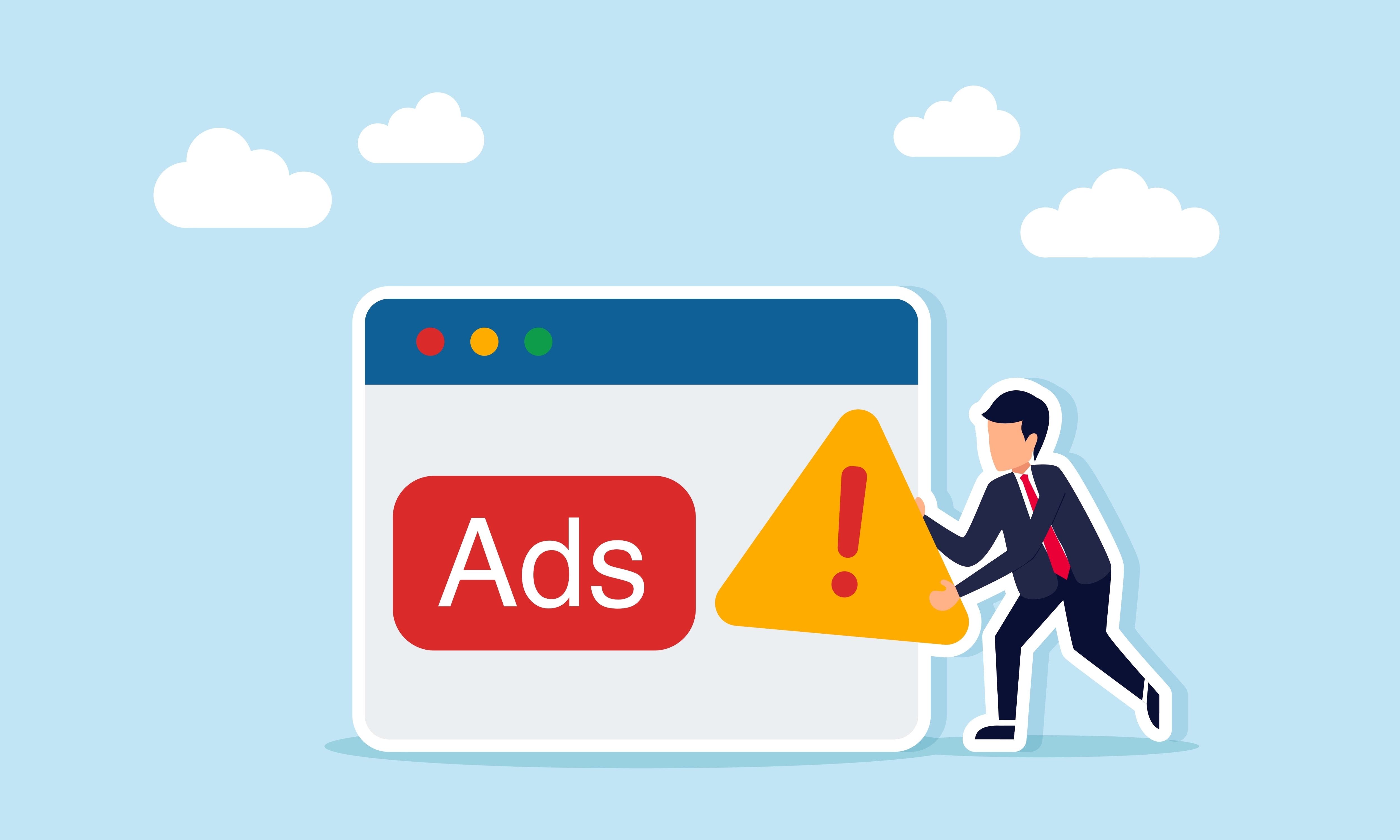Ideas Post
Influencer Marketing: How Brands Can Leverage Social Influence in 2025
Discover how influencer marketing builds trust, boosts engagement, and drives results through authentic partnerships in the digital age.


In today’s digital landscape, consumers are no longer relying solely on traditional advertising. Instead, they trust recommendations from people they admire—friends, celebrities, and increasingly, social media influencers. This shift has made influencer marketing one of the most powerful tools for brands looking to engage audiences authentically.
What Is Influencer Marketing?
Influencer marketing is the practice of collaborating with individuals who have a strong social media presence to promote products, services, or brands. Unlike traditional ads, these promotions feel more organic because they come from someone the audience already trusts.
Influencers can range from celebrities with millions of followers to micro-influencers with highly engaged niche audiences. Both have unique advantages depending on a brand’s goals.
Why Influencer Marketing Works
- Authenticity and Trust
Consumers are more likely to purchase products recommended by someone they perceive as genuine. Influencers build trust through consistent content and personal engagement. - Targeted Reach
Influencers often cater to niche communities. Partnering with the right influencer allows brands to reach highly specific audiences without wasting impressions on uninterested viewers. - Content Creation
Influencers are content creators by nature. By partnering with them, brands gain high-quality, shareable visuals, videos, and posts that resonate with their audience. - Boosted Engagement
Influencer posts often generate higher engagement than traditional advertising. Likes, shares, and comments create a ripple effect, amplifying the brand’s reach organically.
Types of Influencer Marketing
- Sponsored Content: Paying an influencer to feature your product or service in a post, story, or video.
- Product Seeding: Sending free products to influencers in hopes they’ll share an honest review.
- Affiliate Marketing: Influencers earn a commission for every sale made through their unique link or code.
- Takeovers and Collaborations: Allowing an influencer to temporarily manage your social media or co-create content.
Tips for a Successful Influencer Marketing Campaign
- Choose the Right Influencers
Look for creators whose values align with your brand and whose audience matches your target demographic. - Focus on Engagement, Not Just Follower Count
Micro-influencers often have smaller followings but higher engagement rates, making their endorsements more impactful. - Be Transparent
Disclosure is not only legally required in many countries, it also builds trust. Sponsored content should be clearly marked. - Track Performance Metrics
Monitor clicks, conversions, engagement, and ROI to ensure your campaign meets objectives. - Build Long-Term Relationships
Influencer marketing works best when it’s ongoing. Long-term collaborations create authenticity and stronger brand advocacy.
The Future of Influencer Marketing
With the rise of platforms like TikTok, Instagram Reels, and emerging technologies like AI-generated influencers, the influencer marketing landscape is constantly evolving. Brands that embrace authentic, engaging, and strategic partnerships will continue to reap the rewards of this dynamic marketing approach.
From Scroll to Spark
Influence fades fast when it’s shallow. But when strategy, creativity, and the right voices collide? That’s when it sticks. At Tribu, we help brands build campaigns that feel less like ads and more like conversations people actually want to join.
Let's build a tribe together
Ideas, Ideas, Ideas
Featured Work
We don’t just deliver - we make a difference.
Here’s a look at some of our most impactful branding, web, and campaign work. These aren’t just projects - they’re proof of what’s possible when bold ideas meet the right tribe.












